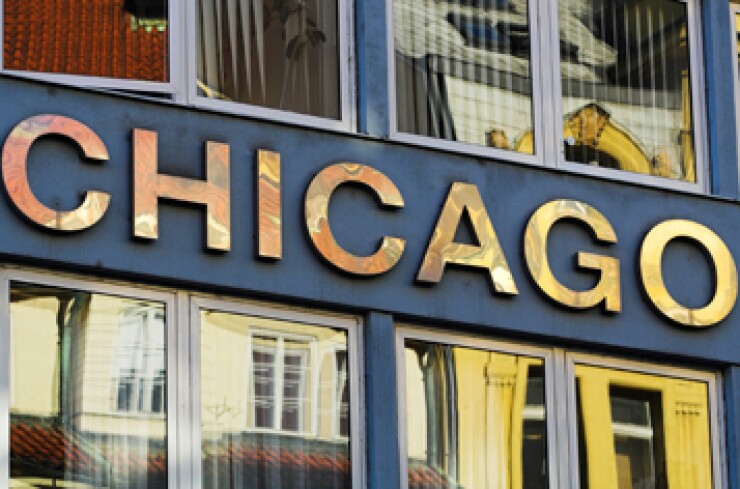Chicago homeowners are getting hit with a record property tax hike after the city's downtown office buildings and other commercial real estate values fell again.
The median residential bill climbed by 16.7% to $4,457, according to a Monday report from Maria Pappas, the Cook County treasurer. The record jump comes after commercial property values in Chicago's Loop, the core area of skyscrapers, financial firms and offices that drives much of its economy, dropped by $379.2 million last year amid lower sale prices and vacancies, the report said. The lower values translate to less revenue collected on those properties and a bigger burden for homeowners.
"When the Loop gets a cold, the rest of the city gets pneumonia," Pappas said in a statement. "Homeowners across the city are paying the price. I'm particularly concerned how lower-income homeowners in struggling communities are going to be able to pay their bills."
Residential assessments for 2024 rose 16.4%, contributing to an 11.6% jump in total homeowner tax bills, according to the report. The biggest surge for residents is in the city's South and West sides that include some of Chicago's most impoverished neighborhoods with majority black populations, the treasurer's office found. Industrial property values also spiked.
"Property taxes are a zero-sum game," Pappas said. "When one group of property owners pays a smaller share of an ever-increasing overall tax bill, others whose property values remain level or rise pay more."
Slower recovery
The declining commercial real estate values underscore the city's slow recovery since the pandemic. Vacancy rates in Chicago and in other large cities with central business districts have continued to remain high and
Outside the Loop, the commercial tax amount rose in 56 of the city's 77 community areas but vacancies in the central business district served as a drag.
In Chicago, taxing bodies set the size of the levy and it is then divided up among all types of property owners including owners of high rises, warehouses, apartment buildings and single-family homes. Taxes assessed for any given year are paid the following year in two installments.
For the 2024 tax year, Chicago homeowners will pay $469.4 million more than they did the year before while industrial property taxes increased by $73.5 million, the report said. The higher amount coincides with larger expenses from Chicago Public Schools and other local entities that rely on property-tax revenue to fund operations and retirement benefits.
Such levies can be political flash points. The vast majority of property taxes go to fund Chicago's underfunded pensions. Last year, the city council unanimously voted against Mayor Brandon Johnson's proposal to raise property taxes by $300 million.






